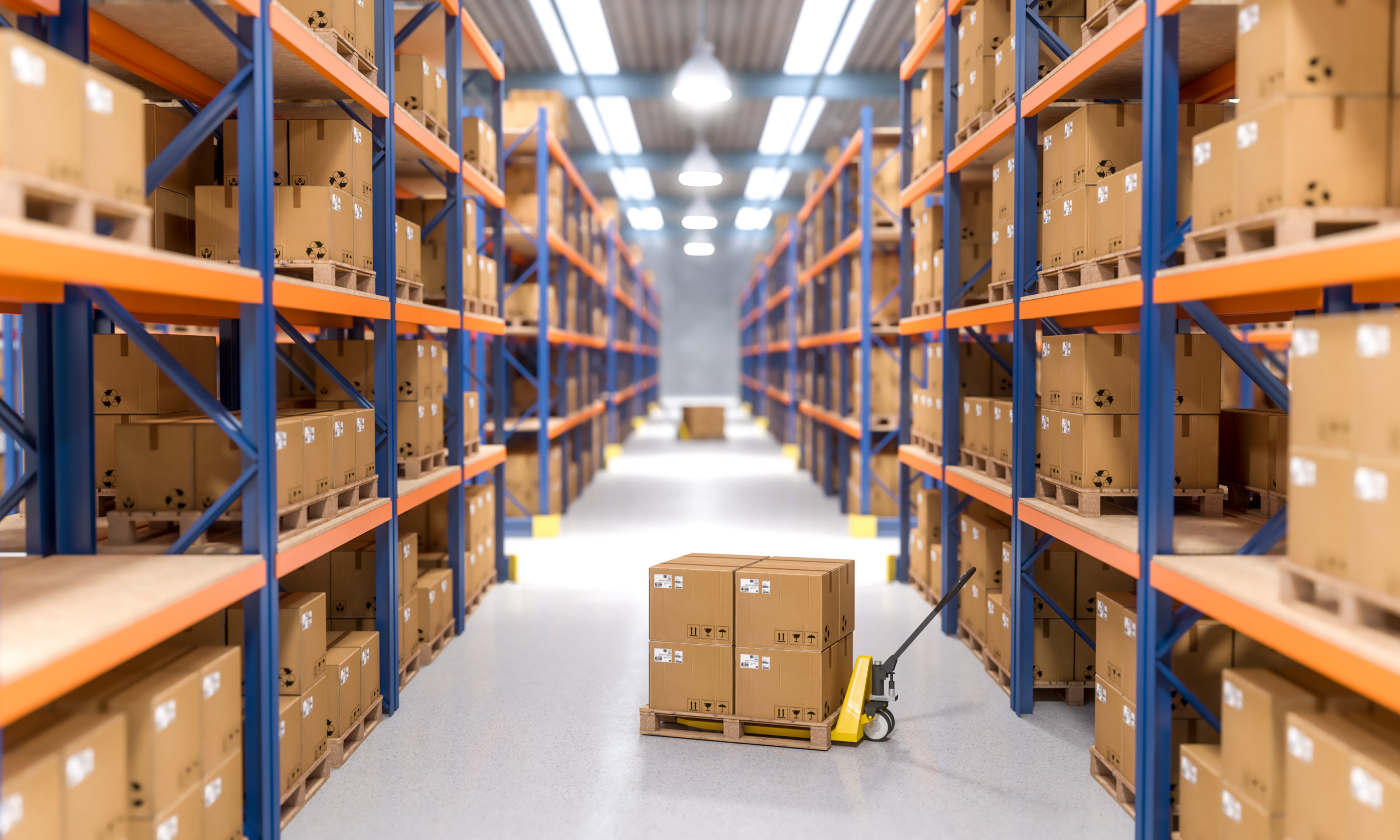Choosing the Right Logistics Platform: Factors to Consider for Your Business
E-commerce and DTC brands rely on the right logistics platform to grow and stay competitive. Whether you run a WooCommerce store, a Shopify brand, a Kickstarter campaign, or a global dropshipping business, your logistics partner affects fulfillment speed, shipping costs, and customer satisfaction.
This article outlines key factors to consider when choosing a logistics platform for your business in 2025, and explains how PostalParcel helps with fulfillment, global shipping, tracking, and returns across borders.

1. Fulfillment Capabilities and Scalability
One of the first things to evaluate is whether the logistics platform offers fulfillment services that match your current order volume and can scale as you grow. If you’re a small Shopify store today but plan to expand into international DTC markets, your platform should handle local and global fulfillment efficiently.
PostalParcel, for example, integrates with warehouses worldwide to offer scalable fulfillment solutions. Its network supports daily orders from WooCommerce shops, Shopify brands, and Kickstarter projects, enabling automatic routing to the nearest fulfillment center to shorten delivery times.
Key questions to ask:
- Does the platform support direct-to-consumer fulfillment?
- Can it handle seasonal spikes or promotional campaigns?
- Does it integrate with your inventory management system?
2. Global Shipping Network and Carrier Partnerships
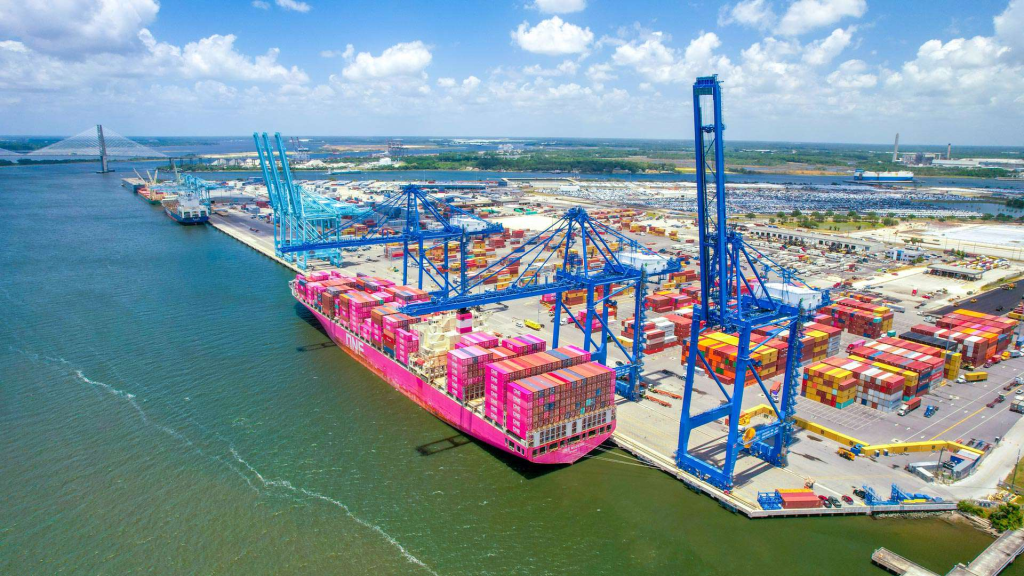
As cross-border e-commerce grows, your logistics platform should provide robust global shipping options. Platforms like PostalParcel partner with postal operators (e.g., Royal Mail, USPS, Japan Post, Portugal CTT) and commercial couriers (e.g., Evri UK, FAN Romania, Correos Express Spain) to offer flexible, cost-effective delivery.
This hybrid model allows your business to balance cost and speed based on customer needs and product value. For example, low-value items can be shipped via postal networks to reduce expenses, while urgent or high-value products can be sent through express couriers for faster delivery.
Consider:
- Does the platform offer multiple shipping methods?
- Are rates transparent and competitive?
- Can you ship to your target countries with tracking?
3. Real-Time Tracking and Customer Experience
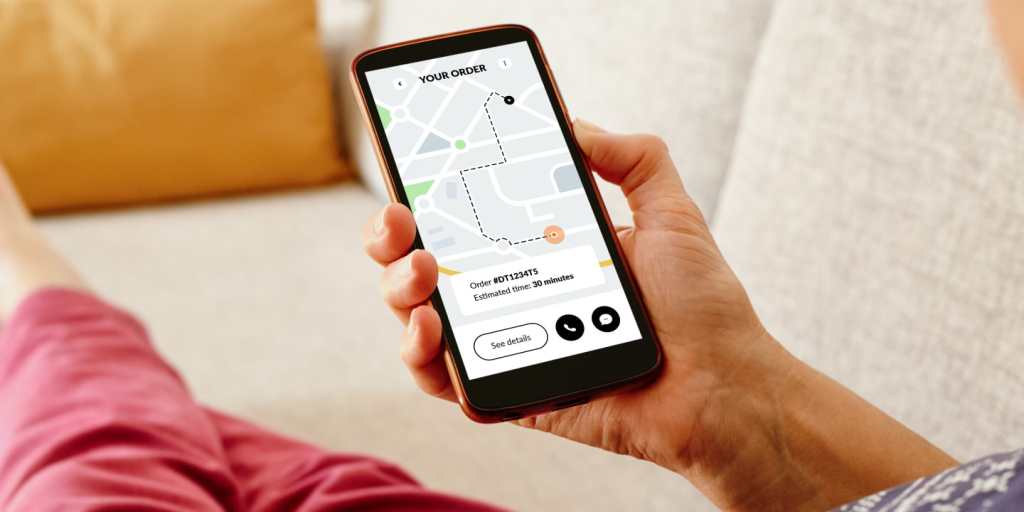
Modern consumers expect transparency at every stage of their order. A logistics platform must offer real-time tracking that is easily integrated into your storefront, whether WooCommerce, Shopify, or Kickstarter.
PostalParcel’s tracking system consolidates data from thousands of carriers into a single branded portal, giving your customers live updates and reducing “Where is my order?” support tickets. This enhances trust and repeat purchase rates, which are critical metrics for DTC brands.
Ask yourself:
- Does the platform provide real-time tracking for all carriers?
- Can you customize tracking notifications and portals with your branding?
- Is tracking data integrated with your CRM or order management system?
4. Returns Management and Reverse Logistics
Returns are an inevitable part of e-commerce. A good logistics platform should simplify returns for both customers and your team. PostalParcel offers a returns management system allowing easy label generation, carrier pickup scheduling, and automated inventory updates upon arrival.
Reverse logistics impacts customer loyalty and operational costs. Customers may hesitate to buy if your platform lacks efficient return workflows, especially for DTC brands where fit and quality assurance are critical.
Evaluate:
- Does the platform offer a customer-friendly returns portal?
- How are returned items processed and restocked?
- Are international returns supported?
5. 4PL Capabilities and Fulfillment-as-a-Service (FaaS)

Traditional 3PLs handle warehousing and shipping, but modern e-commerce businesses often need 4PL providers that manage the entire supply chain ecosystem—including carrier selection, customs clearance, fulfillment optimization, and returns management.
Platforms like PostalParcel act as Fulfillment-as-a-Service (FaaS) providers, orchestrating operations across multiple countries and carriers. This allows your team to focus on product development, marketing, and customer service rather than day-to-day logistics headaches.
Think about:
- Does the platform provide strategic logistics consulting?
- Can it integrate all aspects of your supply chain under one dashboard?
- Does it support your growth into new markets?
6. Dropshipping Integration and Supplier Coordination
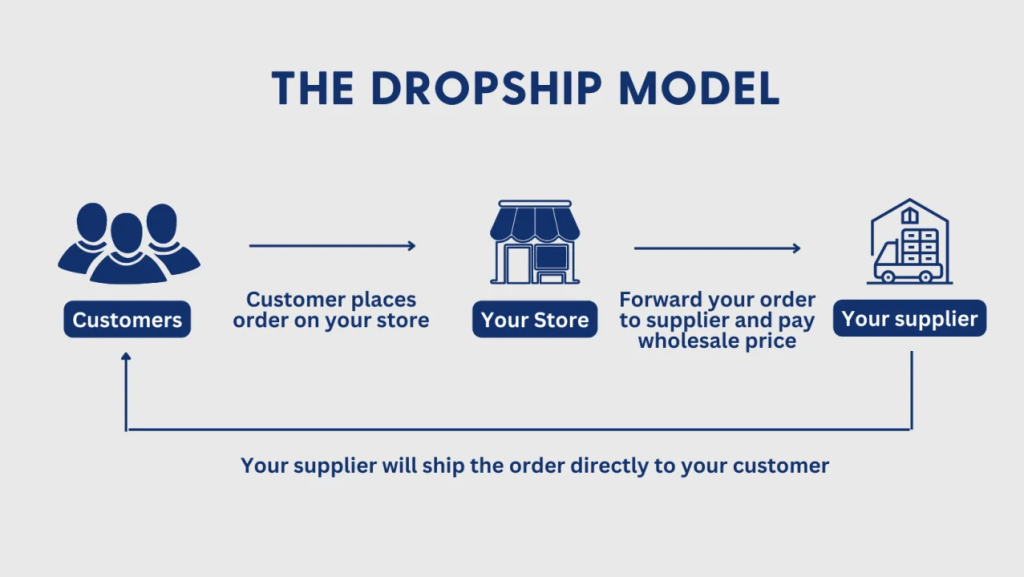
Logistics platforms should facilitate seamless integration with suppliers, fulfillment centers, and carriers for businesses relying on dropshipping. PostalParcel connects suppliers, warehouses, and couriers into one system, providing visibility into inventory levels, shipping status, and returns.
This transparency helps dropshipping brands manage customer expectations and ensure product quality, reducing disputes and enhancing brand reputation.
Questions to consider:
- Does the platform integrate with your suppliers’ systems?
- Can it manage multi-supplier dropshipping workflows efficiently?
- Does it provide tracking visibility from supplier to customer?
7. Platform Compatibility and API Integration
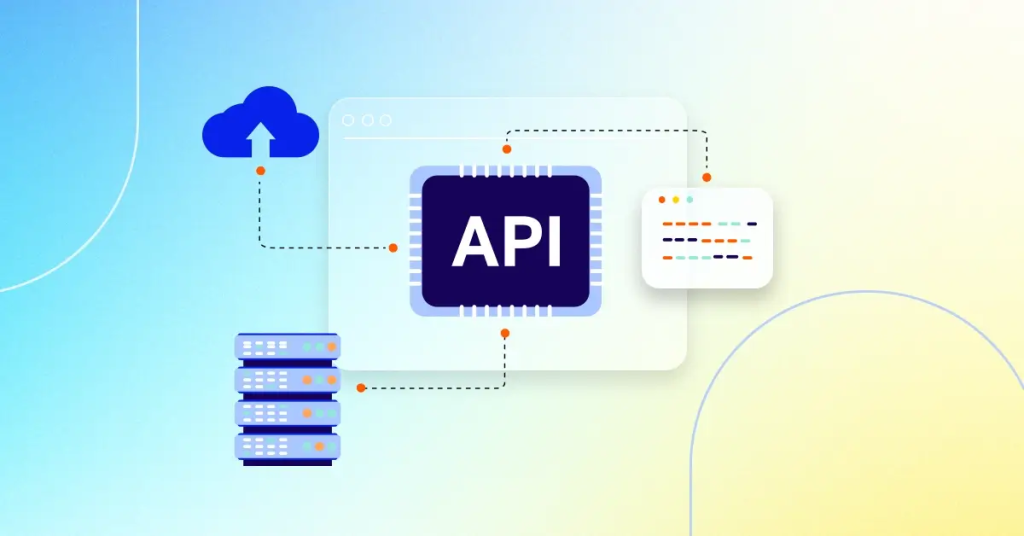
Finally, your logistics platform should integrate smoothly with the e-commerce platforms you use—WooCommerce, Shopify, Kickstarter, or your custom-built DTC site. PostalParcel offers robust APIs and pre-built plugins for quick integration, allowing you to automate fulfillment tasks and reduce manual errors.
Check:
- Is integration plug-and-play, or does it require custom development?
- Can you manage orders, tracking, and returns from one dashboard?
- Is data synchronized in real time to avoid inventory errors?
Conclusion
Choosing the proper logistics platform is a strategic decision that affects every part of your business, from customer satisfaction to profitability. By focusing on fulfillment capabilities, global shipping networks, real-time tracking, efficient returns, and scalable 4PL services, your brand can build a logistics foundation ready for 2025 and beyond.
PostalParcel is a comprehensive logistics platform that empowers DTC brands, dropshipping businesses, and multi-channel sellers to optimize fulfillment, shipping, and returns in one place. For companies aiming to scale globally with confidence, investing in the right logistics technology is not optional—it’s essential.
Industry Insights
news via inbox
Nulla turp dis cursus. Integer liberos euismod pretium faucibua







